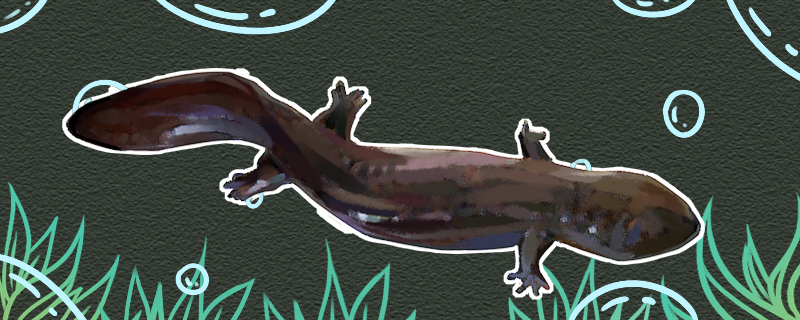
The giant salamander is an amphibian, which can move in the water and on the land. Specifically, giant salamanders live in different places at different ages. When the giant salamanders have just hatched from fertilized eggs and are in the larval stage, they live in the water, and they can often be seen in places where the water is relatively clear and the water flow is relatively fast. They can only swim in the water at this time, and basically all kinds of activities are carried out in the water.
When the giant salamander is in the adult stage, the living environment is different from that of the larval stage. Because the giant salamander can breathe with its lungs at this stage, it is no problem to live on land. Giant salamanders often live in caves or karst caves, or in rock crevices, mud and other places. Because giant salamanders like dark and humid environments, such environments will make them feel very suitable and grow better. Of course, the giant salamander can also go into the water when it is an adult, and sometimes it will go into the water to catch some fish and shrimps.
out of water? The respiratory organs used by the giant salamander larvae are gills, so they can't leave water. If they leave water, they will die soon. When they develop to the stage of breathing with lungs, they have no problem moving on land. However, their skin should not be very dry, otherwise they will not be able to function as breathing AIDS. Therefore, although the adult giant salamander can stay out of the water for a long time on land, it can not stay out of the water all the time. Generally speaking, it is no problem for the giant salamander to persist for about a month, but it may die after a longer time.